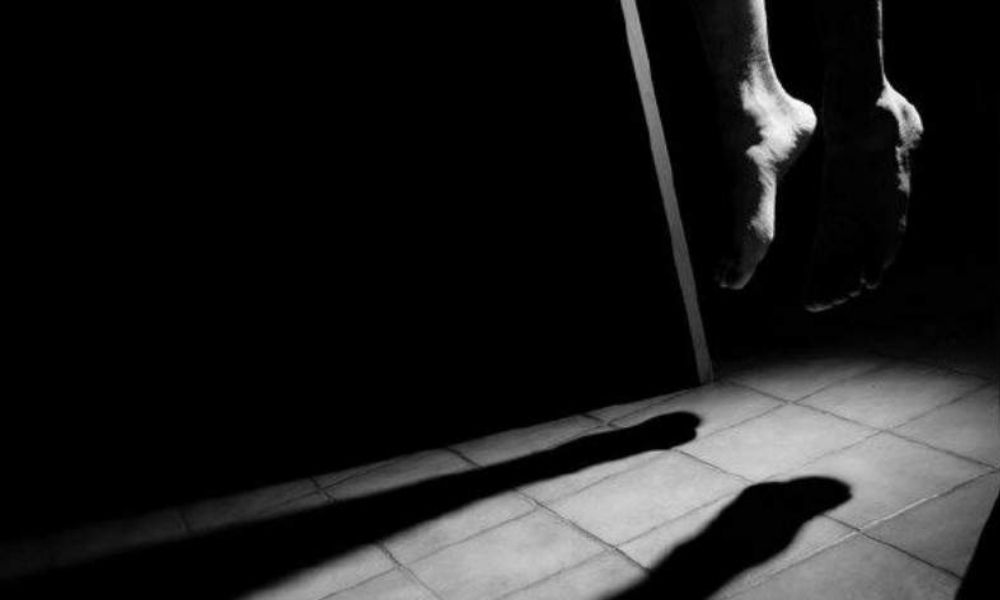Paridhi Arya
Published on April 22, 2022 at 15:27 IST
The Three Judge Bench of Supreme Court comprising CJI NV Ramana, Justice AS Bopanna and Justice Hima Kohli has held that for interpretation of ‘soon before death’ under section 304B of Indian Penal Code in Case of Dowry death must be proximately before death and not immediately before the death.
The Bench noted that to attract section 304B of Indian Penal Code wife should die under suspicious circumstances and death should be within six months from marriage.
The Police found body of the Deceased and in accordance with the complaint section 304B for Dowry Death, Section 498A for Cruelty and Section 120B for Criminal Conspiracy has been Charged against Appellant.
The Appellant got acquitted in Trial Court but High Court of Uttarakhand set aside the order of Trial Court and sentenced Seven years Rigorous Imprisonment with Fine of Rs. 10,000.
The Appeal filed in Supreme Court and it was found that ingredients which have to establish under section 304B Indian Penal Code are as follows:
“(i) that soon before the death, the deceased was subjected to cruelty and harassment in connection with the demand of dowry;
(ii) the death of the deceased was caused by any burn or bodily injury or some other circumstance which was not normal;
(iii) such a death has occurred within 7 years from the date of her marriage;
(iv) that the victim was subjected to cruelty or harassment by her husband or any relative of her husband;
(v) such a cruelty or harassment should be for, or in connection with the demand of dowry; and
(vi) it should be established that such cruelty and harassment were made soon before her death.“
The Court observed that presumption of Section 113A of Evidence Act will be created related to woman subjected to Cruelty soon before Death in Case of Dowry Death under Section 304B but it can be objected if ingredients of Section 304B are proved to be not met.
“In the present Case, the Court said that the Appellants have miserably failed to rebut the presumption drawn against them under Section 113B of the Evidence Act, in a matter relating to an offence under Section 304B of IPC,” the Court said.
The Court upheld the High Court’s Order but made acquittal of mother-in-law and brother-in-law as they use to live separately and has no role in harassing the deceased.

